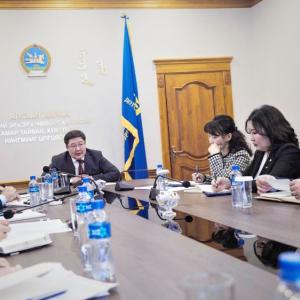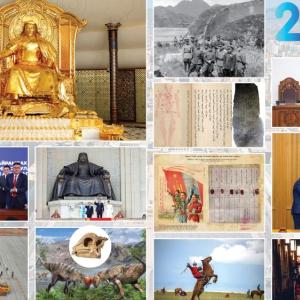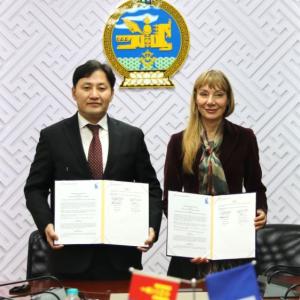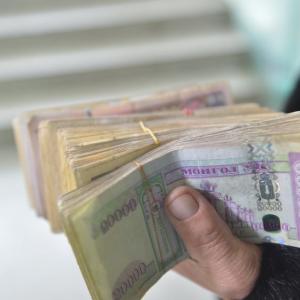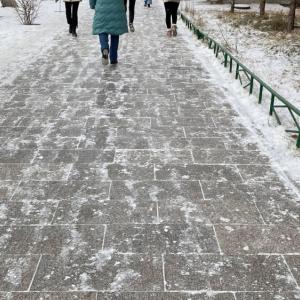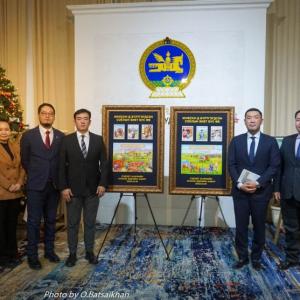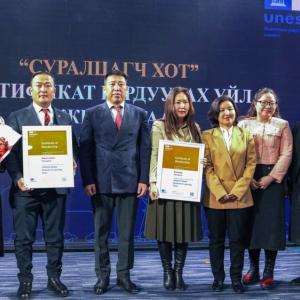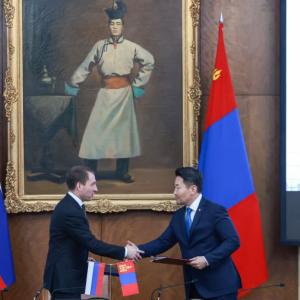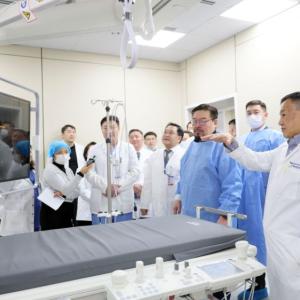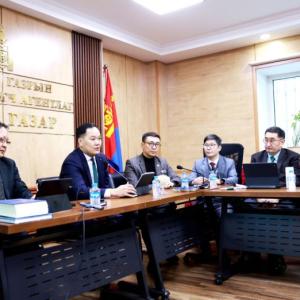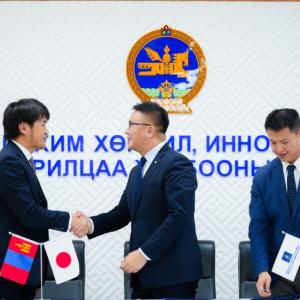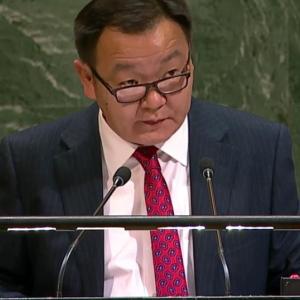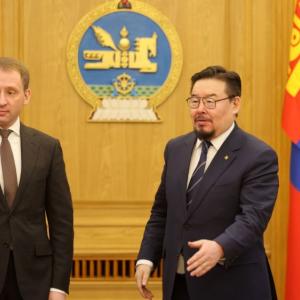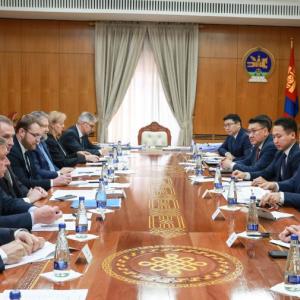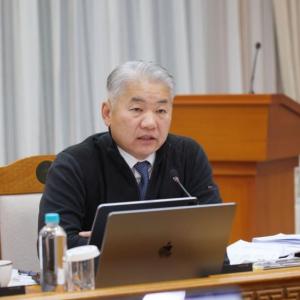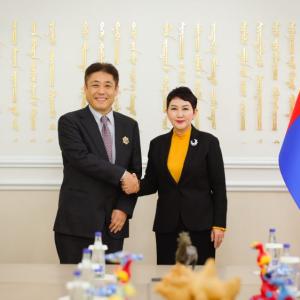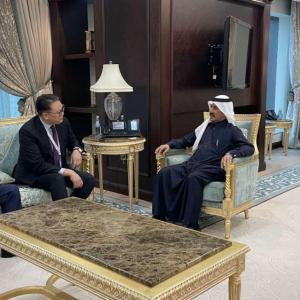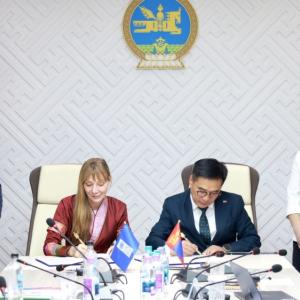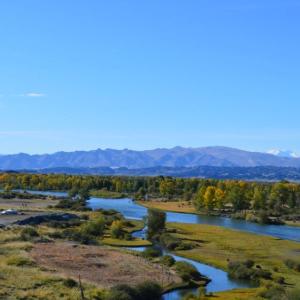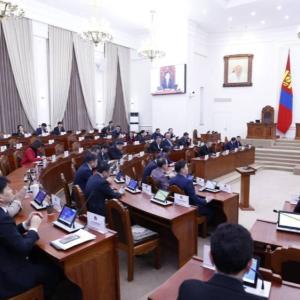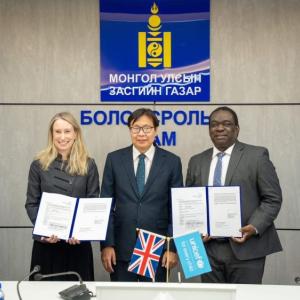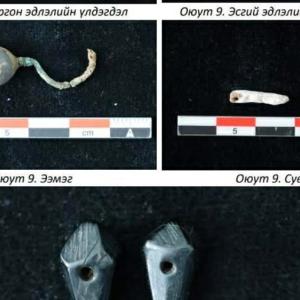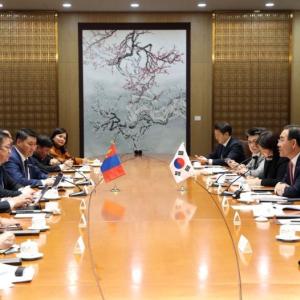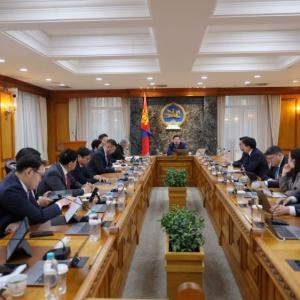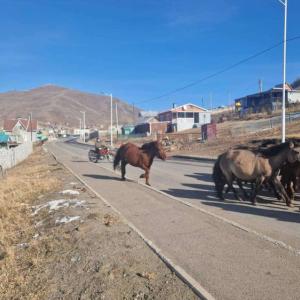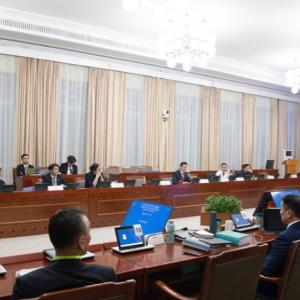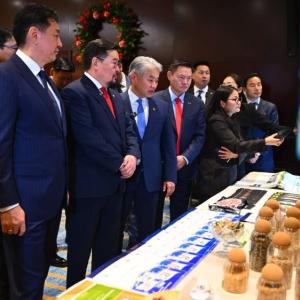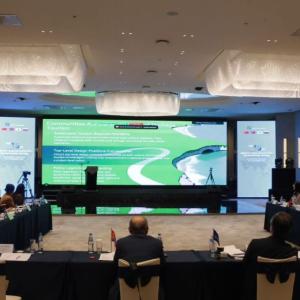Environment Minister meets Kazakhstan’s Ambassador
Politics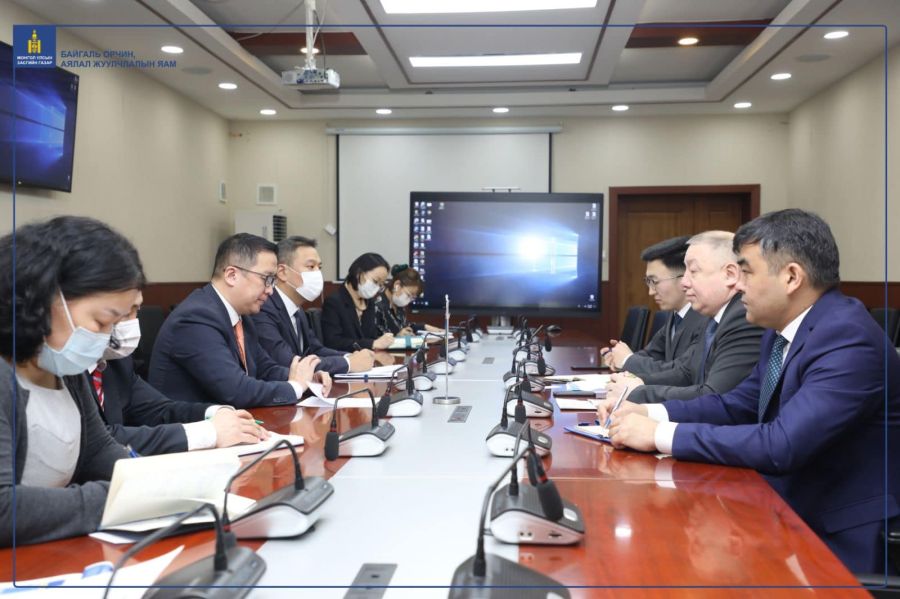
Ulaanbaatar/MONTSAME/. Minister of Environment and Tourism
B. Bat-Erdene held a meeting with Ambassador of the Republic of Kazakhstan to
Mongolia Zhalgas Adilbayev.
During the meeting, the ambassador said that the political situation in Kazakhstan has now stabilized. He said, “This year marks the 30th anniversary of the establishment of diplomatic relations between our two countries. In this regard, many activities will be jointly organized. Kazakhstan aims to achieve results through the use of advanced technology for the reduction of air, water and soil pollution and complete elimination of carbon use by 2060.”
The ambassador also said, “Kazakhstan is willing to cooperate
with the Ministry of Environment and Tourism and other government agencies of
Mongolia in implementing certain works for the regional environmental protection
and restoration as well as the tourism development. In particular, we support Mongolia’s
‘One Billion Trees’ nationwide campaign. In addition, if the number of flights
between Mongolia and the Republic of Kazakhstan is increased and opportunities
are provided to regularize flights, it will be helpful to tourism sectors of
both countries.”
The two sides also exchanged views on the environment,
tourism, trade, economy and desertification and agreed to work together to
elevate sectoral cooperation between the two countries to a new level.
Minister B. Bat-Erdene said, “The Ministry fully supports
the proposal to cooperate in the development of environment and tourism. We
propose to intensify tourism cooperation between the two countries. Within the
framework of the Central Asian Regional Economic Cooperation program (CAREC),
member countries have adopted a tourism strategic framework 2030. The strategy identifies
seven priority regional tourism clusters connected to these main tourist
routes, including Altai cluster, which covers Kazakhstan, Mongolia and China. Thus,
we are willing to start this work based on the mechanisms of bilateral and
regional cooperation.”
Moreover, the two sides noted the possibility to cooperate in
reducing desertification, land degradation and rehabilitation.
 Ulaanbaatar
Ulaanbaatar















